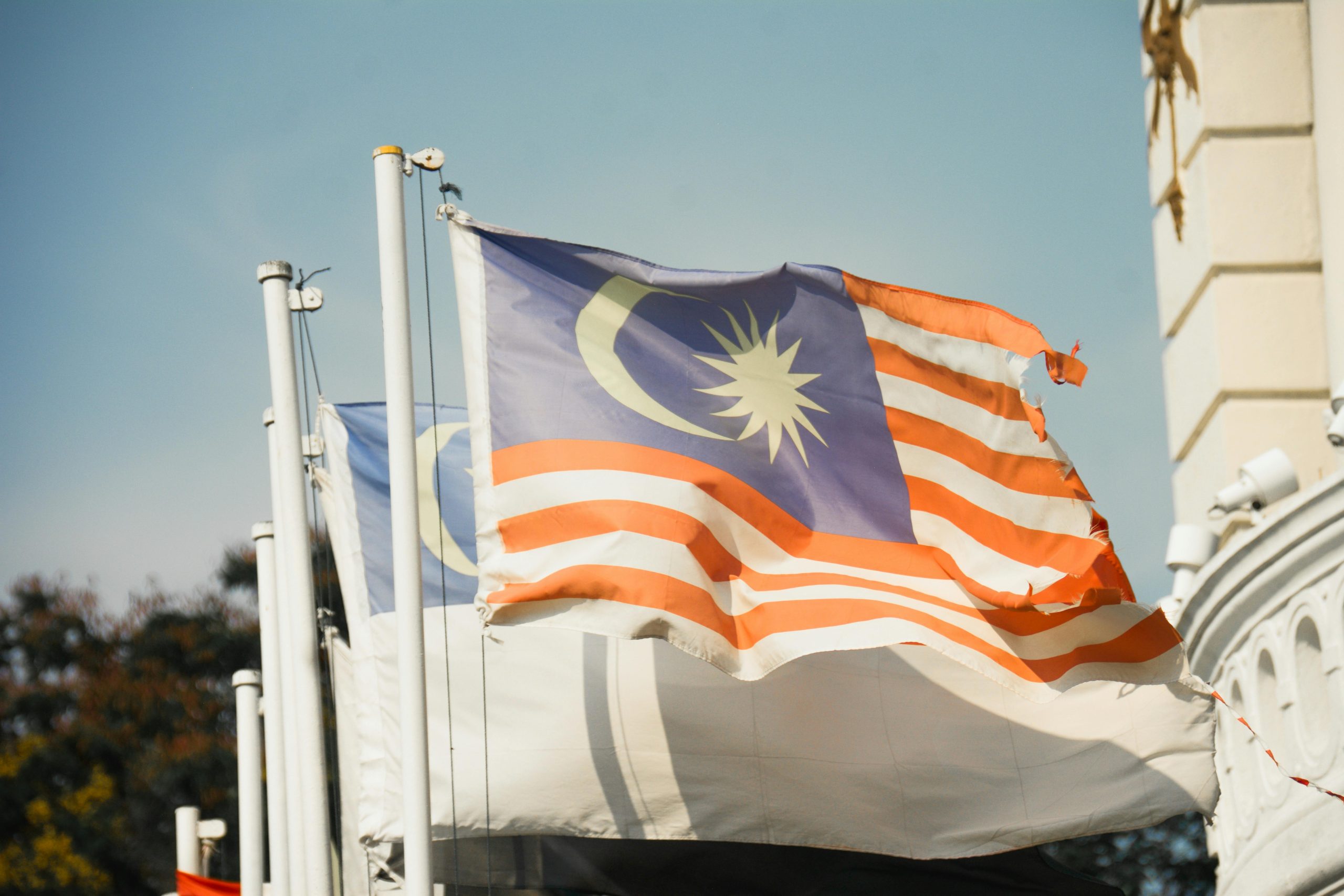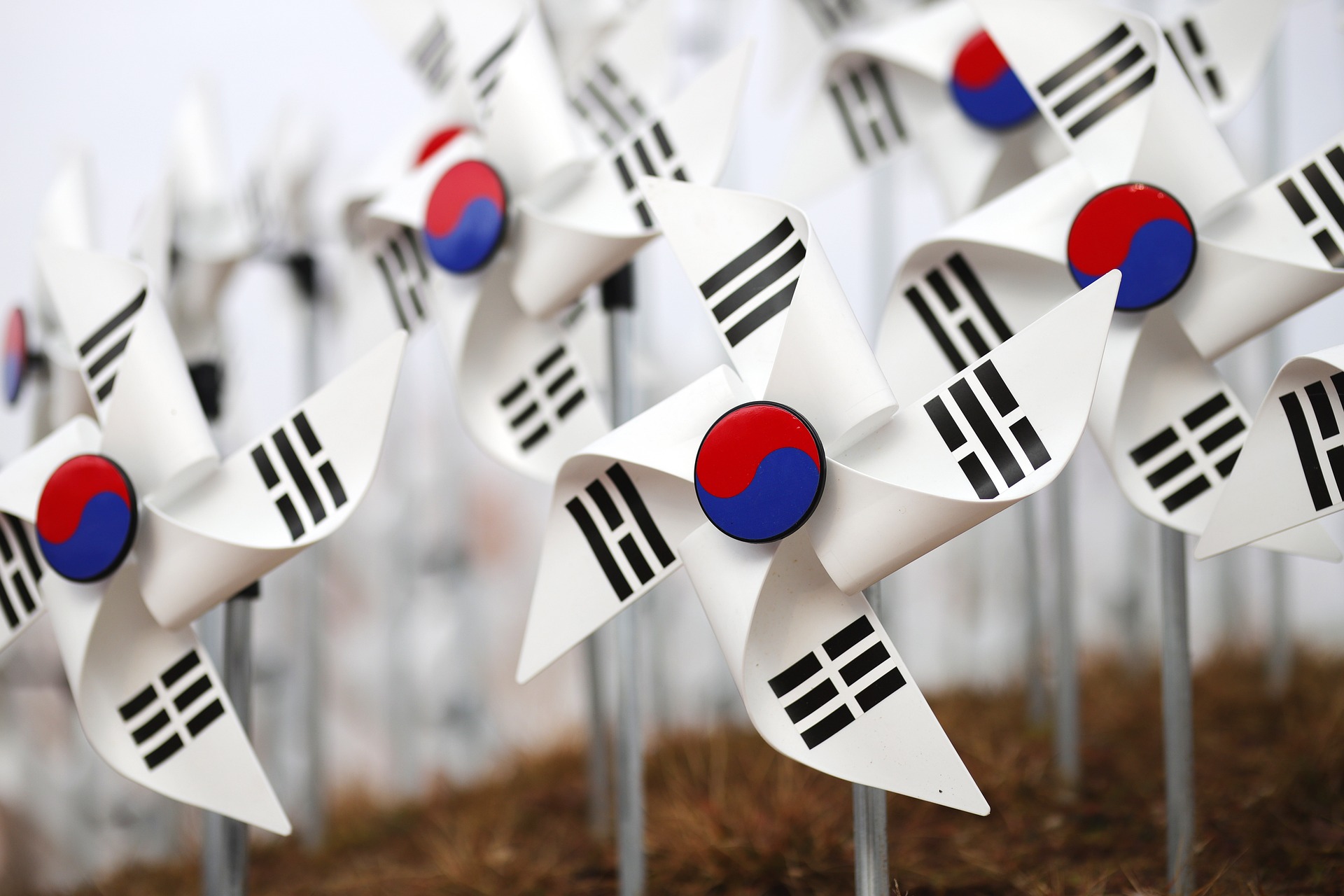Philippines Digital Nomad Visa: Application Guide for 2025
Apply for your digital nomad visa in the Philippines with our specialised guide. We review your requirements, application process and benefits.
The digital nomad lifestyle has gained popularity around the world in recent years. The Philippines, known for its tropical landscapes and dynamic culture, has joined the trend with the introduction of a special visa designed to attract remote workers wishing to reside in the country. In this article, we will explain how to obtain the digital nomad visa in the Philippines, detailing its characteristics, requirements and the process to apply for it.
The Philippines digital nomad visa is designed for professionals working remotely for foreign companies or clients. This visa offers the possibility of residing legally in the country for up to two years, provided that the established requirements are met, such as having a remote employment or work contract. It allows you to enjoy the country’s attractions without the need to be tied to a local employer, which sets it apart from other traditional work visas.
This visa is part of a broader plan to improve tourism in response to the growing global demand for digital nomadic lifestyles. The Philippine government launched this option after seeing the success of similar programmes in neighbouring countries such as Thailand and Malaysia.
What is the digital nomad visa in the Philippines and how does it work?
The digital nomad visa in the Philippines is aimed at people who work remotely for employers or clients located outside the country. It is an ideal opportunity for those who wish to enjoy an extended stay in the Philippines while continuing their work activities.
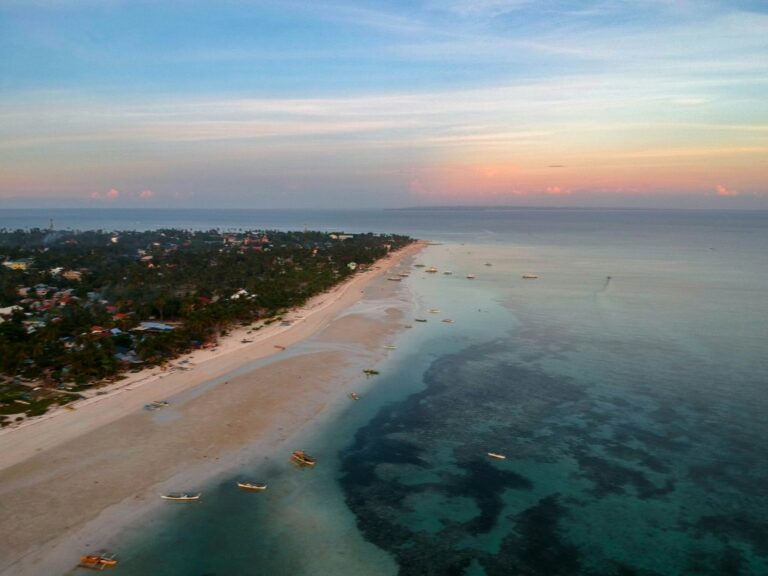
Creation of the digital nomad visa for the Philippines
The creation of the digital nomad visa for the Philippines was in response to the government’s interest in capitalising on the growth of the digital economy and attracting this profile of workers to the country. It aims to boost tourism and contribute to the economic growth of related sectors such as accommodation and transport services.
While the visa is designed for digital nomads, it is also open to other types of remote workers, such as freelancers and entrepreneurs who run online businesses from anywhere in the world. The cost of this visa is 35 US dollars.
Who is it aimed at?
This visa is primarily designed for remote workers, such as programmers, graphic designers, writers and digital marketing specialists, among others, who can perform their work without the need to be physically present in a company’s office. It is also aimed at entrepreneurs or freelancers running their own online business.
The legal backing for this visa comes from Philippine immigration regulations, which have been modified to accommodate the new types of work that have emerged in the digital age. The visa allows digital nomads to reside in the country for an extended period of time without the need to obtain a traditional work permit, facilitating mobility and flexibility for these professionals.
Features of the digital nomad visa in Philippines
The digital nomad visa in the Philippines offers several benefits, designed to make remote workers’ stay as comfortable and attractive as possible. Here are the main features of this visa:
- 1. Duration of stay: the visa allows digital nomads to stay in the Philippines for an initial period of six months, with the possibility of renewal for up to two years, depending on the applicant’s situation and the policies in place in the country. This period is longer compared to a standard tourist visa, making it ideal for those who wish to settle temporarily and enjoy an in-depth cultural experience in the Philippines.
- 2. Work flexibility: one of the main benefits of this visa is that you are not required to have a local employer or work for a company in the Philippines. Applicants can continue to work remotely for foreign clients or employers. This facilitates the adaptation process for digital nomads, as they do not have to worry about obtaining additional permissions to do their work.
- 3. Access to local services: unlike other more restrictive visas, the digital nomad visa in the Philippines grants its holders access to services such as the Internet, private healthcare and the ability to rent property on a long-term basis. While it does not offer tax benefits or tax exemptions, digital nomads can enjoy the modern infrastructure of cities such as Manila or Cebu, which have excellent visitor services.
- 4. Opportunity to explore the country: The Philippines is famous for its paradise beaches, cultural diversity and affordable cost of living. This visa allows digital nomads to travel around the country while continuing their work activities, giving them the opportunity to explore destinations such as Palawan, Boracay and Siargao in their free time. The cost of living in many of these areas is considerably lower compared to other nations. At a cost of approximately USD 500 excluding rent, the Philippines is an attractive destination for those seeking a balance between work and quality of life.
General requirements for applying for a digital nomad visa for the Philippines
Obtaining a digital nomad visa for the Philippines involves meeting a number of requirements that ensure that as an applicant, you have the means to support yourself during your stay and that your work will not have a negative impact on the local labour market. Here are the main requirements to obtain this visa:
- 1. Valid passport
- It is essential to have a valid passport with at least six months validity from the date of entry into the country. This is a standard requirement for most long-stay visas.
- 2. Remote employment test
- Proof must be provided that the applicant is employed remotely or is self-employed for employers or clients outside the Philippines. This may include employment contracts, proof of regular payments or letters from employers confirming the type of work performed by the applicant.
- 3. Sufficient income
- While the Philippine government has not set a specific minimum income, applicants are expected to demonstrate that they have a stable income that will allow them to support themselves financially during their stay in the Philippines. Generally speaking, this type of visa requires proof of monthly or annual income sufficient to cover the cost of living in the country.
- 4. International health insurance
- Health insurance to cover any eventuality during your stay in the Philippines is compulsory. Insurance should cover not only medical emergencies, but also repatriation and other unforeseen expenses. Applicants must ensure that the insurance has adequate coverage and is valid in the Philippines for the entire duration of the visa.
- 5. Criminal record certificate
- Applicants must also present a criminal record certificate issued by the authorities of their country of origin, showing that they have no previous convictions. This requirement aims to ensure that digital nomads entering the country do not pose a risk to public security.
- 6. Sufficient funds for the stay
- In addition to demonstrating regular income, digital nomads may be required to submit a bank statement showing that they have sufficient funds to support themselves for at least the first few months of their stay in the Philippines.
Important: If you are a frequent traveler and want to stay connected without worrying about expensive roaming or looking for a new SIM at every destination, Holafly’s subscription plans are for you. With a single eSIM, enjoy internet in more than 170 countries for a fixed price and no surprises on your bill. travel without limits and connect easily and securely! 🚀🌍
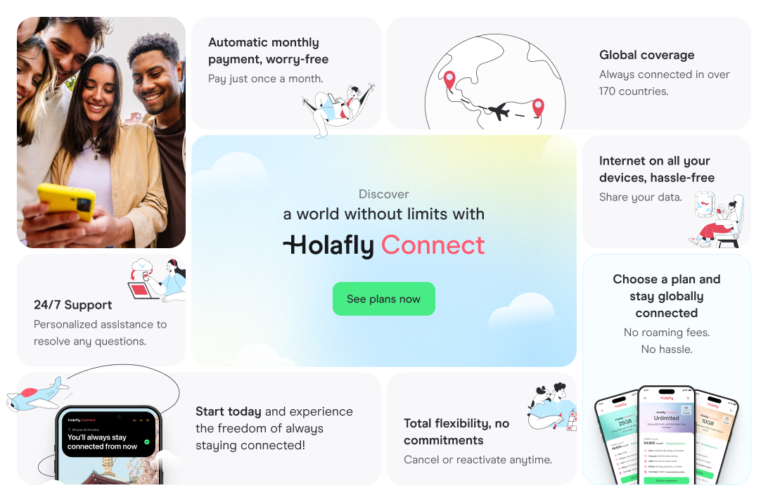
Documentation to be submitted
When applying for a digital nomad visa in the Philippines, applicants must submit a set of documents in support of their application. These documents are essential to demonstrate that the applicant meets all legal and financial requirements set by the Philippine government. The documentation required is as follows:
- 1. Visa application form: the application form must be completed correctly, providing all required personal information such as full name, address, nationality and passport details. This form can be downloaded from the official website of the Bureau of Immigration of the Philippines or requested at a Philippine embassy or consulate. This is their website: (https://immigration.gov.ph/)
- 2. Valid passport: A passport is an essential document for any visa application. Applicants must ensure that their passport is valid for at least six months from the date of arrival in the Philippines. Copies of passport pages showing personal information and previous travel stamps may be requested.
- 3. Passport size photographs: two recent passport size photographs that meet the requirements of the Philippine embassy or consulate are required. These photos must be in colour, with a white background and without dark glasses or hats.
- 4. Proof of remote employment: as a digital nomad you must provide evidence that you work remotely for employers or clients outside the Philippines. This may include employment contracts, letters from employers or screenshots of payments received. If you are self-employed, you can provide statements from your bank accounts showing regular income.
- 5. Criminal record certificate: a criminal record certificate issued by the authorities of the applicant’s country of origin must be provided. This document must be recent and duly apostilled or legalised, according to the requirements set by the Philippine government.
- 6. International health insurance: Health insurance is a prerequisite for any long-stay visa in the Philippines. Applicants must submit a copy of the insurance policy covering medical emergencies, hospitalisation and repatriation for the duration of the stay in the country.
- This set of requirements and documents is essential to ensure that applicants are prepared for their stay in the Philippines and comply with the established regulations.
Where can I apply for a digital nomad visa in Philippines?
The process of applying for a digital nomad visa in the Philippines is mainly done online through official government platforms or at Philippine embassies and consulates abroad. Here are the places where you can apply:
1. Bureau of Immigration of the Philippines
Bureau of Immigration of the Philippines (BI) is the main entity in charge of handling visa applications. On their official website, you will find application forms, instructions and details on the requirements for each type of visa, including the digital nomad visa. Applicants can start the process online and then go to the relevant office to complete the process.
The official website of the Immigration Office is the primary source for up-to-date information on visas and it is advisable to visit it before starting the process (https://immigration.gov.ph/).
2. Embassies and consulates of the Philippines
For those who prefer to initiate the process in their home country, they can contact the nearest Philippine embassies or consulates. The embassies provide guidance on the requirements and necessary documentation, as well as facilitating the submission of applications. As this is a relatively new visa, not all embassies may be familiar with the specifics of the digital nomad visa. It is therefore useful to check the information available online before going in person.
It is important to contact the embassy in advance to confirm the procedures and to ensure that you have all the necessary documents before starting the procedure.
Where can I get tailored advice?
The visa application process, especially for those unfamiliar with the specific requirements of the Philippines, can be somewhat complicated. For this reason, it is recommended you seek personalised advice from companies or consultants specialised in immigration and visa processing. Here are some options where you can get help:
1. Local immigration consultants
In the Philippines, there are several law firms and consultancies that specialise in immigration and visas. These professionals offer advisory services and support throughout the entire process, from the preparation of documents to the submission of the application. Some of the best known law firms include Fragomen and Kittelson & Carpo, both of which have experience in advising both individuals and foreign companies on immigration issues.
These consultancy services can help you understand the specific requirements, avoid mistakes in the submission of documentation and speed up the process, which could be useful if you are in a hurry to start your stay in the Philippines.
2. Online services and digital platforms
There are online platforms that also offer advisory services for those seeking to apply for long-stay visas or visas for digital nomads in various countries. These include companies such as iVisa Consulting and VisaHQ, which provide online visa assistance and facilitate access to forms and requirements. These platforms are especially useful for those who prefer to manage the whole process from the comfort of their home.
3. Assistance from embassies or consulates of origin
If you are already in the Philippines and you have questions about your visa, you can also visit your country’s embassy or consulate in the Philippines. These institutions provide visa advice and also offer support in case legal or logistical problems arise during your stay in the country.
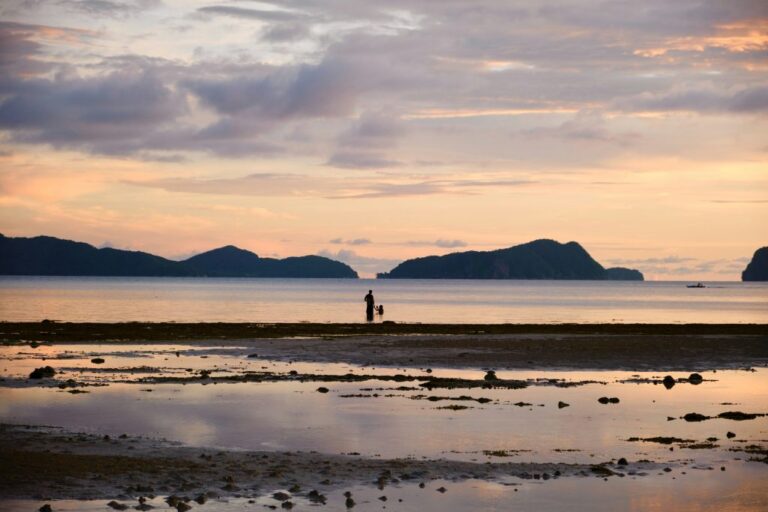
Frequently asked questions when applying for a digital nomad visa in Philippines
This set of frequently asked questions aims to answer the main questions that may arise during the application process for the digital nomad visa in the Philippines.
Yes, one of the essential requirements for obtaining a digital nomad visa in the Philippines is to prove that you are employed remotely or work as a freelancer for international clients. This visa is intended for people who can work from anywhere in the world, without the need to be physically present in the Philippines.
Visa processing time may vary, but generally takes between three and six weeks from the submission of the completed application. This deadline may be extended in case the Immigration Office requires additional documentation or background checks.
No, the digital nomad visa in the Philippines does not allow its holders to work for local companies or engage in economic activities that require a traditional work permit. The visa is intended exclusively for those who work remotely for employers or clients outside the country.
Yes, in some cases it is possible for digital nomad visa holders to bring their immediate family members, such as spouses or children, to the Philippines. Each family member will need to apply for an individual visa and meet the requirements set by the Philippine government.
Yes, international health insurance is a mandatory requirement for obtaining a visa. This insurance should cover not only medical emergencies, but also repatriation and unforeseen expenses during your stay in the Philippines.
Yes, the digital nomad visa in the Philippines can be extended once the holder is in the country. Depending on the regulations in force, digital nomads can apply for an extension of their visa for an additional period of up to two years.





 Language
Language 


















 No results found
No results found


